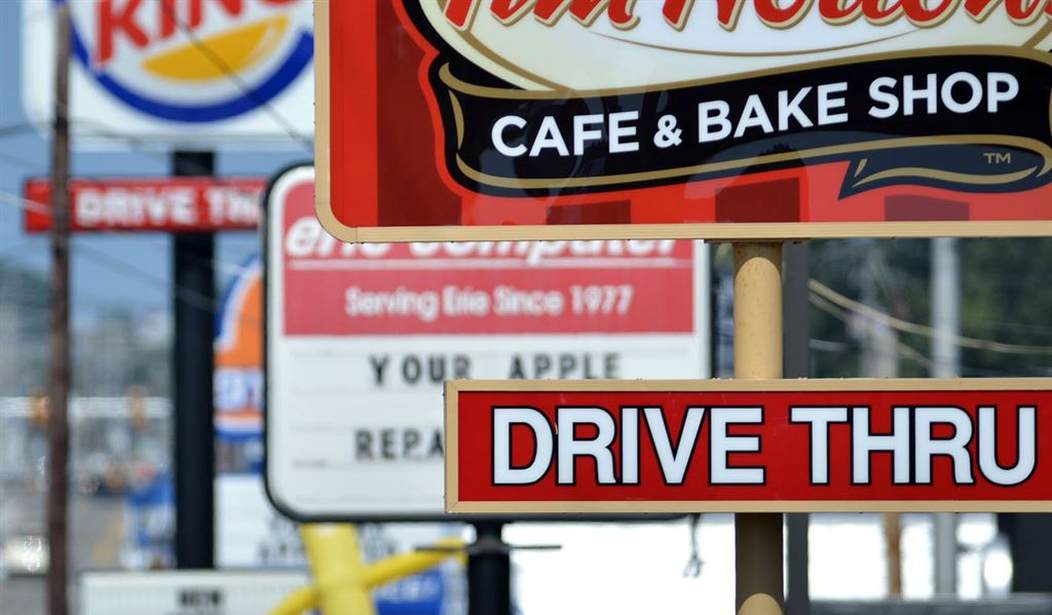In August, the California legislature narrowly passed a new law designed to micromanage the fast food industry in that state known as the FAST Act. (Fast Food Accountability and Standards Recovery Act.) Governor Gavin Newsom signed it into law on Labor Day. The food and beverage industry started raising the alarm immediately, describing all of the negative effects this legislation could produce. The law would allow the legislature to create an unelected board (the “Fast Food Council”) that would oversee everything from benefits and wages to working hours. But one industry group began collecting signatures to demand a referendum on the new law. The deadline for submitting signatures was this Monday and it looks like they met the goal. (National Review)
A coalition of business groups and California fast-food franchisees says it has collected more than a million signatures in opposition to a new state law that would create an unelected fast-food council to micromanage the industry, could cripple the industry with a drastic increase in its minimum wage, and could send the cost of food soaring.
The Save Local Restaurants coalition announced Monday that organizers began submitting the signatures at the county level in late November. The signatures, which were due Monday, are expected to be transferred to the California secretary of state’s office in the next week or so.
The coalition needs to have collected about 623,000 signatures from registered California voters to put the Fast Food Accountability and Standards Recovery Act, or FAST Act, on the 2024 general election ballot and to block its implementation until voters have had a say.
There are so many bad things about this plan that it’s no wonder they were able to get a million signatures that quickly. First of all, the new council would reportedly raise the minimum wage to $22 per hour. (It’s currently already $15.) It would also impose annual cost of living increases.
That change alone would produce multiple undesirable results. First of all, it’s estimated that the price of food in those restaurants would go up by 20%, a huge jump to deliver all at once. Making matters worse is the fact that the changes would only apply to restaurants with more than 100 locations. That sounds like a nice way to protect the smaller, mom-and-pop eateries, but once people realize how much cheaper to eat in those places they will flock there and abandon the larger chains. Many of them will likely close, eliminating a very large number of jobs and reducing food options in their neighborhoods.
You can also take a hint as to who is driving this initiative from the fact that the FAST Act has been loudly supported by the SEIU and other labor unions. They have not made many inroads in their efforts to unionize the fast food workers, but the influence they would exert over the members of the new Fast Food Council would likely grease the wheels for them. (The whole system is run by Democrats, nearly all of whom receive regular contributions from the labor unions.)
If a sufficient number of signatures has been submitted, the implementation of the FAST Act should be put on hold until after the referendum. During that time the fate of the measure will all come down to messaging. The legislators and the unions will be bashing the referendum and claiming that the FAST Act is only going to “improve working conditions and pay workers a living wage.” Opponents will need to educate the public on “what comes next” if it is put in place.
Just getting on the ballot does not ensure success, of course. And if the referendum fails, working-class people in California will have yet another reason to pack up and move to someplace at least a little less crazy than the Golden State.








Join the conversation as a VIP Member